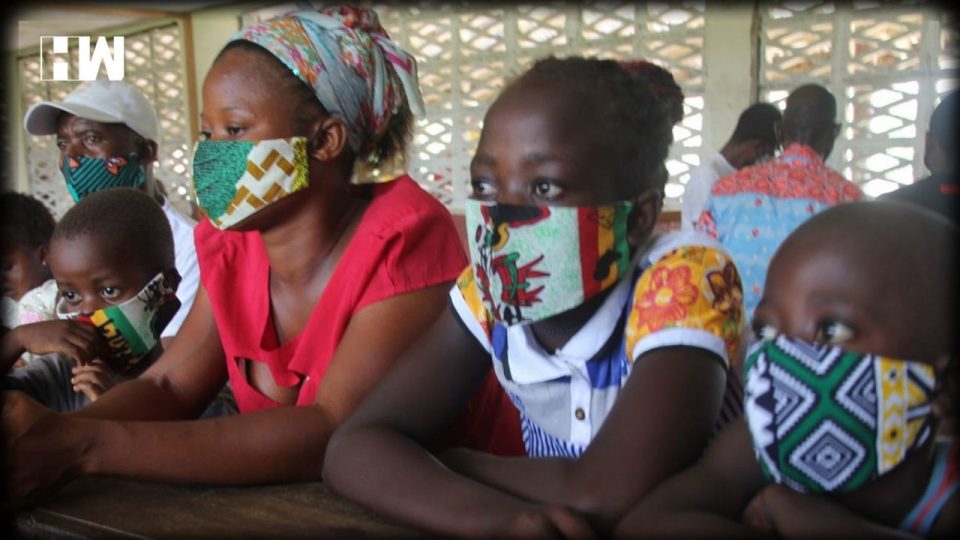Following an in-depth analysis of the situation in Côte d’Ivoire, the UN refugee agency, UNHCR, recommended on Thursday that countries hosting Ivorians end their refugee status, and help them to voluntarily repatriate, obtain permanent residency or began the naturalization process to remain.
“In light of the fundamental and durable changes in Côte d’Ivoire, I am pleased to recommend a general cessation of refugee status for Ivorian refugees to take effect on 30 June 2022”, said UN High Commissioner for Refugees Filippo Grandi.
Tens of thousands in waiting
According to data available to UNHCR, there are approximately 91,000 Ivorian refugees and asylum seekers around the world.
Some 51,000 live in West Africa, with 33,000 in Liberia alone, and a further 22,000 in Europe.
Since 2011, some 290,000 Ivoirian refugees living in West Africa have voluntarily returned to Côte d’Ivoire and a UNHCR survey in the region revealed that 60 per cent of those remaining intend to repatriate, while 30 per cent are still undecided and 10 per cent will stay in their host country.
Definite steps
The cessation of refugee status recommendation comes with concrete measures to promote durable solutions for Ivorian refugees that will facilitate their voluntary return and reintegration, and the opportunity to seek permanent residency or naturalization where they are, including notably for those who have formed strong ties to host countries.
“I am grateful for the example set by the Government of Côte d’Ivoire as well as those of Ghana, Guinea, Liberia, Mali, Mauritania and Togo, which have demonstrated political will to implement a comprehensive roadmap for solutions for Ivorian refugees, some of whom have been displaced for decades”, Mr. Grandi told the annual session of UNHCR’s Executive Committee.
Exceptions allowed
UNHCR welcomed this week, commitments made by States as part of the Comprehensive Solutions Strategy for Ivorian refugees, which include the entitlement for those with ongoing international protection needs to request an exemption from cessation through international law safeguards procedures.
UNHCR is organizing weekly transportation from Liberia to help Ivorians wishing to return home.
Since late August, some 5,000 refugees have been reunited with family members, some of whom they have not seen in decades. UNHCR is also providing financial support to returning refugees to facilitate their reintegration.
“This regional effort deserves the applause of the entire international community”, said the High Commissioner.
Fleeing turmoil
Ivorians fled two civil wars, first between 2002 and 2007 then later from 2011 to 2012.
Thousands also fled to neighbouring countries in 2020, fearing violence linked to presidential and parliamentary elections.
UNHCR remains committed to assisting Côte d’Ivoire and host countries implement the cessation recommendation and continues to advocate for States to provide refugees with civil, identity and travel documents.
In Côte d’Ivoire, this includes issuing birth certificates, which help ensure people can enrol in school, get national identity cards and vote.
“It is critical that States and other actors provide full support to these solutions in a timely and concerted manner to facilitate social inclusion and reduce the risk of Statelessness”, the UN refugee agency said.
As an independent media platform, we do not take advertisements from governments and corporate houses. It is you, our readers, who have supported us on our journey to do honest and unbiased journalism. Please contribute, so that we can continue to do the same in future.

